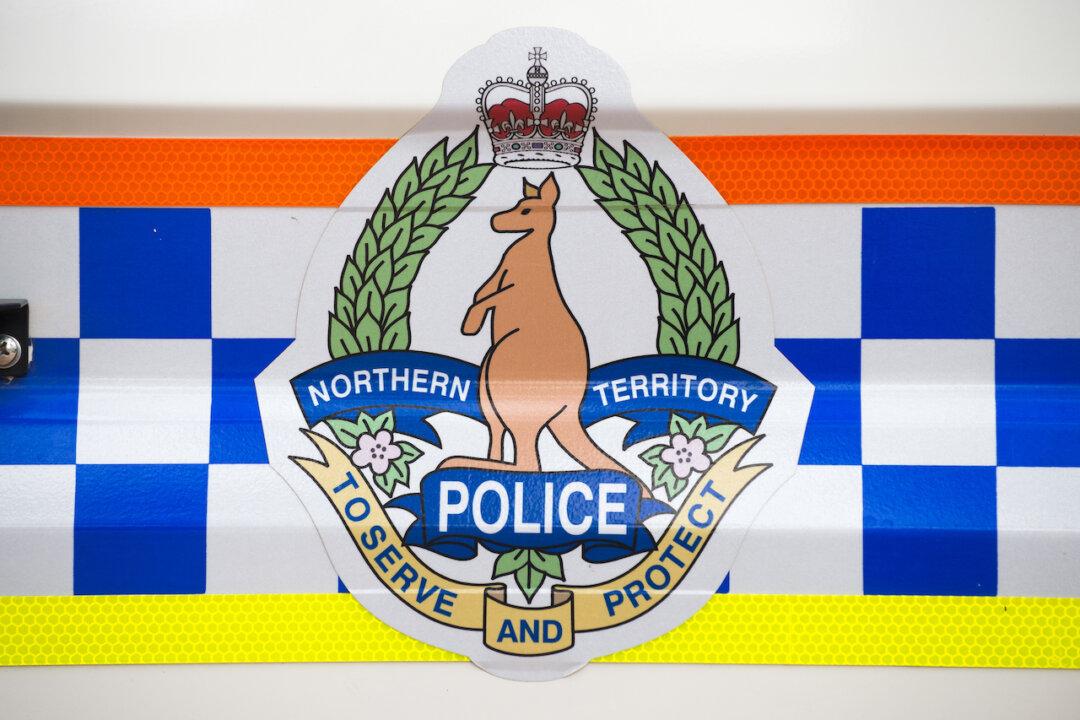Assault-related crimes in the Northern Territory (NT) are up 22.9 percent over the 2022-23 period, with 24,235 individual assaults reported, according to the most recent police crime statistics.
When broken down, NT residents have witnessed an uptick in assaults (up 21.3 percent in 2022-23), domestic violence-related assault (up 26.7 percent), alcohol-related assault (up 21.4 percent), and sexual assault (up 24.2 percent).




